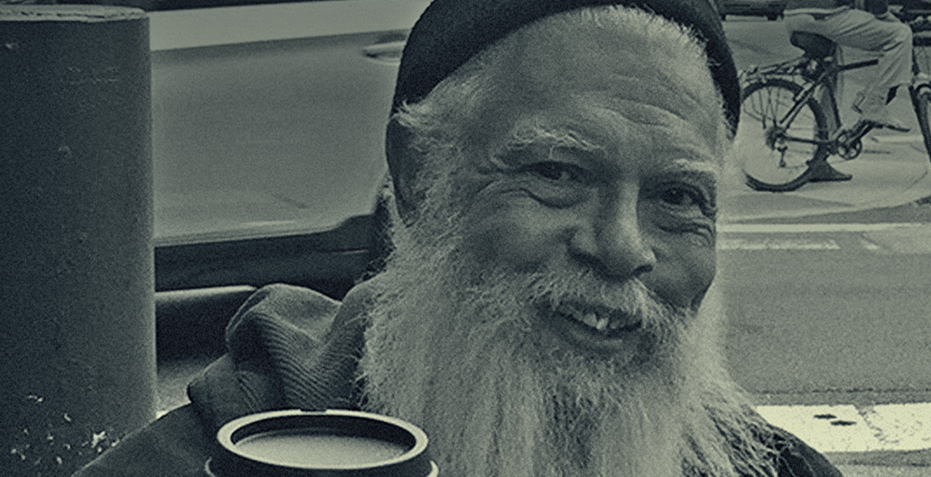A visionary novelist and a revolutionary chronicler of gay life, he’s taken American letters to uncharted realms.
By Julian Lucas
New Yorker
July 3, 2023
In September, 2021, while working at his desk in Philadelphia, Samuel R. Delany experienced a mysterious episode that he calls “the big drop.” His vision faded for about three minutes, and he felt his body plunge, as if the floor had fallen away. When he came to, everything looked different, though he couldn’t say exactly how. Delany, who is eighty-one, began to suspect that he’d suffered a mini-stroke. His daughter, Iva, an emergency-room physician, persuaded him to go to the hospital, but the MRI scans were inconclusive. The only evidence of a neurological event was a test result indicating that he had lost fifteen per cent of his capacity to form new memories—and a realization, in the following weeks, that he was unable to finish his novel in progress, “This Short Day of Frost and Sun.” After publishing more than forty books in half a century, the interruption was, he told me, both “a loss and a relief.”
For years, Delany has begun most days at four o’clock in the morning with a ritual. First, he spells out the name Dennis, for Dennis Rickett, his life partner. Next, he recites an atheist’s prayer, hailing faraway celestial bodies with a litany inspired by the seventeenth-century philosopher Baruch Spinoza: “Natura Naturans, system of systems, system of fields, Kuiper belt, scattered disk, Oort cloud, thank you for dropping me here.” Finally, he prepares oatmeal, which he faithfully photographs for the friends and fans who follow him on Facebook. Every so often, when the milk foams, he sees Laniakea—the galactic supercluster that’s home to Earth.
In the stellar neighborhood of American letters, there have been few minds as generous, transgressive, and polymathically brilliant as Samuel Delany’s. Many know him as the country’s first prominent Black author of science fiction, who transformed the field with richly textured, cerebral novels like “Babel-17” (1966) and “Dhalgren” (1975). Others know the revolutionary chronicler of gay life, whose autobiography, “The Motion of Light in Water” (1988), stands as an essential document of pre-Stonewall New York. Still others know the professor, the pornographer, or the prolific essayist whose purview extends from cyborg feminism to Biblical philology.
There are so many Delanys that it’s difficult to take the full measure of his influence. Reading him was formative for Junot Díaz and William Gibson; Octavia Butler was, briefly, his student in a writing workshop. Jeremy O. Harris included Delany as a character in his play “Black Exhibition,” while Neil Gaiman, who is adapting Delany’s classic space adventure “Nova” (1968) as a series for Amazon, credits him with building a critical foundation not only for science fiction but also for comics and other “paraliterary” genres.
Friends call him Chip, a nickname he gave himself at summer camp, in the eleventh year of a life that has defied convention and prejudice. He is a sci-fi child prodigy who never flamed out; a genre best-seller widely recognized as a great literary stylist; a dysgraphic college dropout who once headed the Department of Comparative Literature at the University of Massachusetts, Amherst; and an outspokenly promiscuous gay man who survived the AIDS crisis and has found love, three times, in committed, non-monogamous relationships. A story like Delany’s isn’t supposed to be possible in our society—and that, nearly as much as the gift of his writing, is his glory.
It took several months to persuade him to meet. Delany has polemicized against the face-to-face interview, reasoning that writers, who constitute themselves on the page, ought to be questioned there, too. He warned in an e-mail that a visit would be a waste of time, offering instead a tour of his “three-room hovel” via Zoom: “No secret pile will be left unexplored.” Yet a central theme in his work is “contact,” a word he uses to convey all the potential in chance encounters between human beings. “I propose that in a democratic city it is imperative that we speak to strangers, live next to them, and learn how to relate to them on many levels, from the political to the sexual,” he wrote in “Times Square Red, Times Square Blue” (1999), a landmark critique of gentrification which centered on his years of cruising in the adult theatres of midtown Manhattan.





